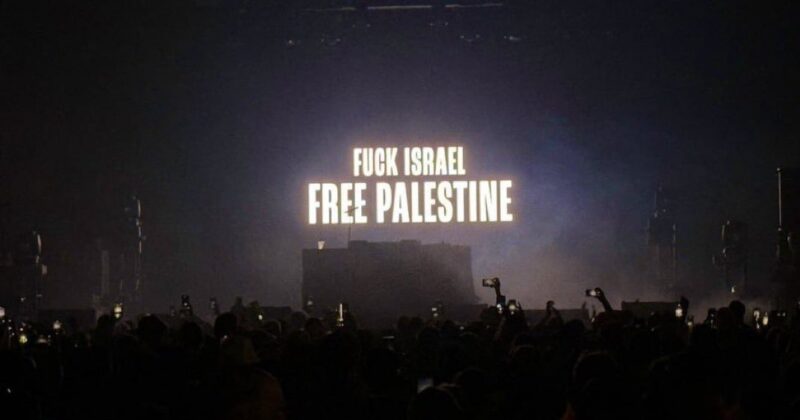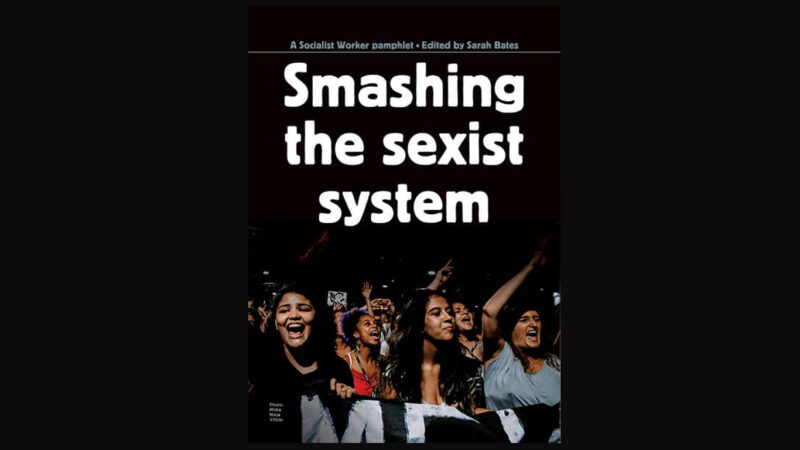Review: The Riots by Gillian Slovo
 Joy Macready reviews The Riots at Tricycle Theatre on between 17 November – 10 December
Joy Macready reviews The Riots at Tricycle Theatre on between 17 November – 10 December
THE RIOTS, written by Gillian Slovo, is a thought-provoking account of the UK riots that erupted in summer 2010. Based on more than 60 interviews, the play gives a voice to the many “actors” involved in the real-life drama: from the police, rioters and community activists that were out on the streets during those days and nights, to a father of two who was burnt out of his flat above the Allied Carpet shop in Tottenham, to the commentators, politicians, defence solicitors and the judges that passed down such punitive sentences.
The first act focused more on the physical location and movement of the riots: Mark Duggan’s murder and subsequent community demonstration, the police deployment and the response on Tottenham’s streets. Importantly, the second act addressed the political situation that led to the spread of the riots across the UK, linking the events to the current economic environment and the government’s cuts to benefits and the Education Maintenance Allowance (EMA), which has left many working class youth with a bleak future.
In the play, one rioter said: “I thought wow, I need to take advantage of the situation ‘cos this is never goin’ta happen again, there’s no police the shopkeepers aren’t there, so why not just go an’ take what you want’.” Sounds remarkably like the bankers that walked off with millions in bonuses while the government looked on.
The most poignant voice was Sadie King, a resident of the Pembury Estate in Hackney, who challenged MP Diane Abbott’s dismissive attitude that the estate was rife with gangs. Sadie explained how the police have turned the public areas of the estate into a dispersal zone, so that youth have no place to hang out. She highlighted how the police terrorise and demonise the young people on the estate – just by living there they are labelled as delinquents and criminals. She voiced the pride of a community plagued by poverty but trying to do the best they could.
During the talkback session, Labour MP John McDonnell linked the MPs expenses scandal and the use of taxpayers’ money to pay huge bankers’ bonuses to a breakdown in societal mores. He pointed out the hypocrisy of MPs arguing for harsher prison sentences for rioters, when they had stolen thousands from the taxpayer. He agreed with an audience member that those sentenced – on average 12.5 months, with some getting as much as two years for stealing such incidentals as moisturiser – should be viewed as political prisoners, for the long sentences are politically motivated.
The audience in the talkback session reflected class divisions within UK society. Some argued that the punitive sentences meted out to the rioters were correct and others tried to de-politicise the events by saying that they were all just mindless thugs enjoying themselves. The majority, however, could see that the riots were part of a bigger political picture, a resistance movement that includes the pension strikes and the Occupy Movement. It is a class issue. As one audience member said: “If these riots had happened in Kensington, they would have been contained within an hour. They left the poor areas to burn. It is divide and rule – a way of pitting people within communities against each other.”



